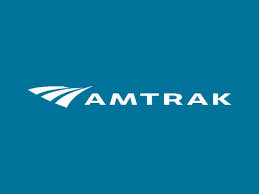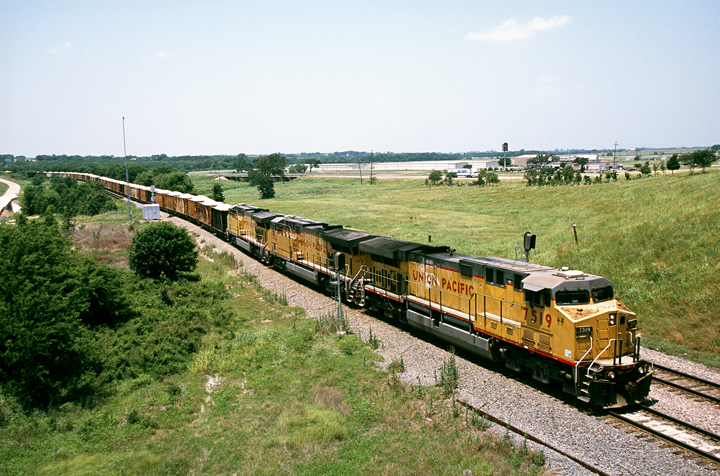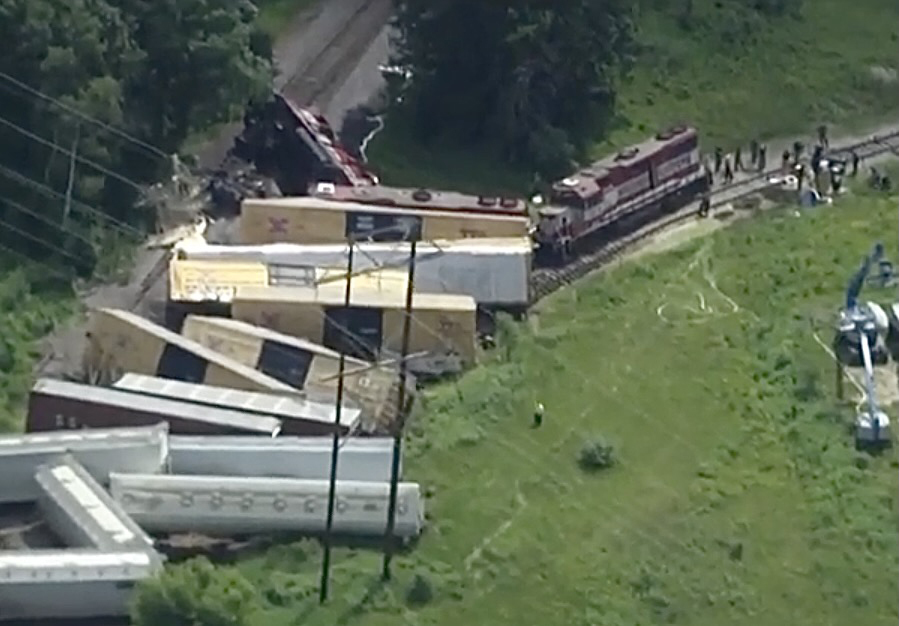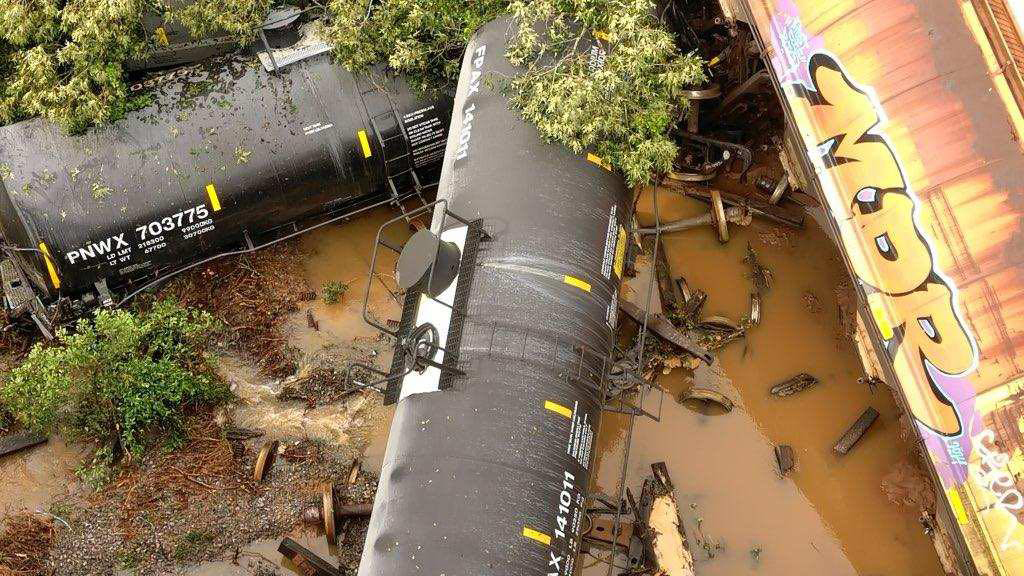The trial, which began Tuesday, Sept. 3, and is tentatively scheduled for eight days, won’t focus on negligence. Attorneys for both the plaintiffs and the defendant, National Railroad Passenger Corp., told the eight-person jury that Amtrak has accepted responsibility for the accident, which occurred on the first revenue run of Amtrak Cascades service from Seattle to Portland on a route known as the Point Defiance Bypass.
Instead the jury will determine monetary compensation for plaintiffs Aaron Harris, Dale Skyllingstad, and Blaine Wilmotte. The suits don’t specify damages sought.
The transcript of opening arguments indicates that the focus will be on the recovery the plaintiffs have made from their injuries.
“We are trying to work together to figure out what is the right balance, what is the right amount to restore these folks to the things that have been taken away from them,” said David Beninger of the Luvera Law Firm in Seattle, representing the plaintiffs. Noting that the plaintiffs are now 31, 28 and 26, Beninger said the three injured men “are all going to have about 50 years to live with these things, the early dementia, the deterioration of the joints, the surgeries they are going to have, on top of everything they have already had.”
Mark Landman, an attorney with the New York firm Landman Corsi Ballaine & Ford representing Amtrak, told jurors “We are here because Amtrak was negligent. At the outset of this case, we admitted that we were liable for compensatory damages. We are. These people suffered awful injuries. It never should have happened.”
The plaintiffs, he added, “deserve full, fair compensation for the injuries that occurred, and those that are more likely than not to occur in the future. That’s the law. You are going to have to make a choice in this case. What is full and fair compensation?”
The use of expert witnesses by both sides will also be an issue. “There is going to be evidence that Amtrak had these folks surveilled,” Beninger said. “They sent people out to track them, to peep them, to follow them around. You will hear how that made them feel.”
“Your hearts and our hearts go out to these people for what they went through,” Landman said in his opening statement. “We would have ice water in our veins if they didn’t. It was awful, but they have made some incredible recoveries. And that’s what we are here to talk about is not just the recovery, but what are their damages.”
Harris and Skyllingstad were both passengers on the train; Harris suffered what his attorneys have described as traumatic brain injury and multiple serious fractures. Skyllingstad, who was ejected from the car in which he was riding, also suffered broken bones and internal injuries.
Wilmotte was injured when the pickup truck in which he was riding was hit by a train car that had tumbled from the tracks onto Interstate 5.
The docket for U.S. District Court in Western Washington lists at least a dozen other suits with Amtrak as a defendant.
The National Transportation Safety Board determined that the train took a curve, south of Tacoma near the community of DuPont, with a posted speed limit of 30 miles per hour a nearly 80 mph. Three people were killed and 65 were injured, 57 of those on the train and eight on Interstate 5.














Mister Narita:
What you are describing is known as the “contingency payment system”. If the attorney takes your case and is successful, his fee is a percentage of the recovery. In the United States it was once customary to take one third, however this has moved to forty percent, and I have seen fifty, and even sixty percent fees.
If there is no recovery, there is no fee, although you might still be on the hook for expenses (which can be considerable). Read your contract carefully, and remember that it was drafted by an attorney.
In some jurisdictions in North America the contingency payment system is unlawful.
There are two schools of thought here. On one hand, it allows a damaged plaintiff access to the legal system without the requirement that he front a considerable sum of money – poor people can have their day in court too, not just rich people. On the other hand, it can promote frivolous litigation which may have little or no basis, but which has sufficient nuisance value that the defendant will settle for the cost of the defence.
In some jurisdictions with winner-take-all adjudications, where the losing party pays the legal expenses of the winning party, all this can result in bitterly fought, drawn out legal battles. There are stories circulating behind the scenes of some epic, scorched-earth type actions, which have taken years to resolve and which in the last analysis benefit only the attorneys.
It’s nice work if you can get it.
The above comments are generic in nature and do not form the basis for an attorney/client relationship. They do not constitute legal advice. I am not your attorney. Find your own damn yellow-bellied bottom crawling slime sucker.
What happens when emergency care and subsequent rehabilitation runs over a million? Then what. Or maybe we should go back to the 19th century. A railroad could be absolutely the cause of an injury accident and just walk away without paying anything.
One wonders why we need lawyers. It is because the law specifies the degree of legal liability.
The alternative is just letting people take guns and deal their version of justice. Irregardless of who caused the accident or the conditions creating the accident.
Most competent attorneys will represent plaintiffs who have legitimate grievances with no money on a contingency basis.
As I’ve said before I’m no great expert just a worn out truck driver. If you want a lawyer try your state bar association, they have listings for many lawyers.
Robert, I wouldn’t be so quick to throw in the train crew in this case, especially since the NTSB has not finished their report.
While obviously we know that the engineer made the decisions and moves which led to the wreck, the question remains: why?
Was he poorly trained? Distracted by other crew members? Were the operating rules either in place or not in place that came into play? There are a lot of possibilities that just about anybody in the same situation would have suffered the same outcome.
Making locomotive engineers, bus drivers and airplane pilots wholly responsible for human error on their watch would be a step in the wrong direction, and is why the NTSB has always stayed away from doing so. It would have a chilling effect on those people, who should not be worried but rather focused on their job, with the proper training and equipment to do the task.
Would you take the four pilots of the Lion Air and Ethiopian Airways crashes to court, in the hypothetical case wherein they happened to be the sole survivors? They ultimately failed to fly the airplane which was perfectly airworthy, and they acted counter to how they’d been trained. But as we’ve seen, equipment and training have come into doubt. Same may perhaps be said of this situation, before it is all over.
A lawsuit in this case seems particularly appropriate. Kudos to Amtrak for accepting the blame it deserves. Now the engineer involved needs to be included in the lawsuit. Maybe that will help him and all the other professional union employees that screw-up to remember to be more careful when operating a train carrying hundreds of people that depend on the safe operation of that vehicle, You can be damn sure that I would sue if I was injured in an accident like this.
I have a feeling you would feel differently if you or one of your family members were one of those injured or dead people. MAYBE if it came with a lifetime guarantee of health care/excellent insurance. Maybe. There would have to be some kind of guarantee of course.
You don’t have to sue someone when they injure you, but it sure seems to help in our system. This whole sad situation has only benefitted lawyers.
There’s a simple solution to the run away lawsuit happy country we’ve become, besides it putting a lot of people out of work…and no on liking this solution, but there should be a cap of $250k…period. It would solve multiple issues that plague this country, and would actually benefit railroads and excursion operators(of course I would also like to see Federal law in place that makes signed waivers a valid and legal method of absolving an agency or organization from blame).